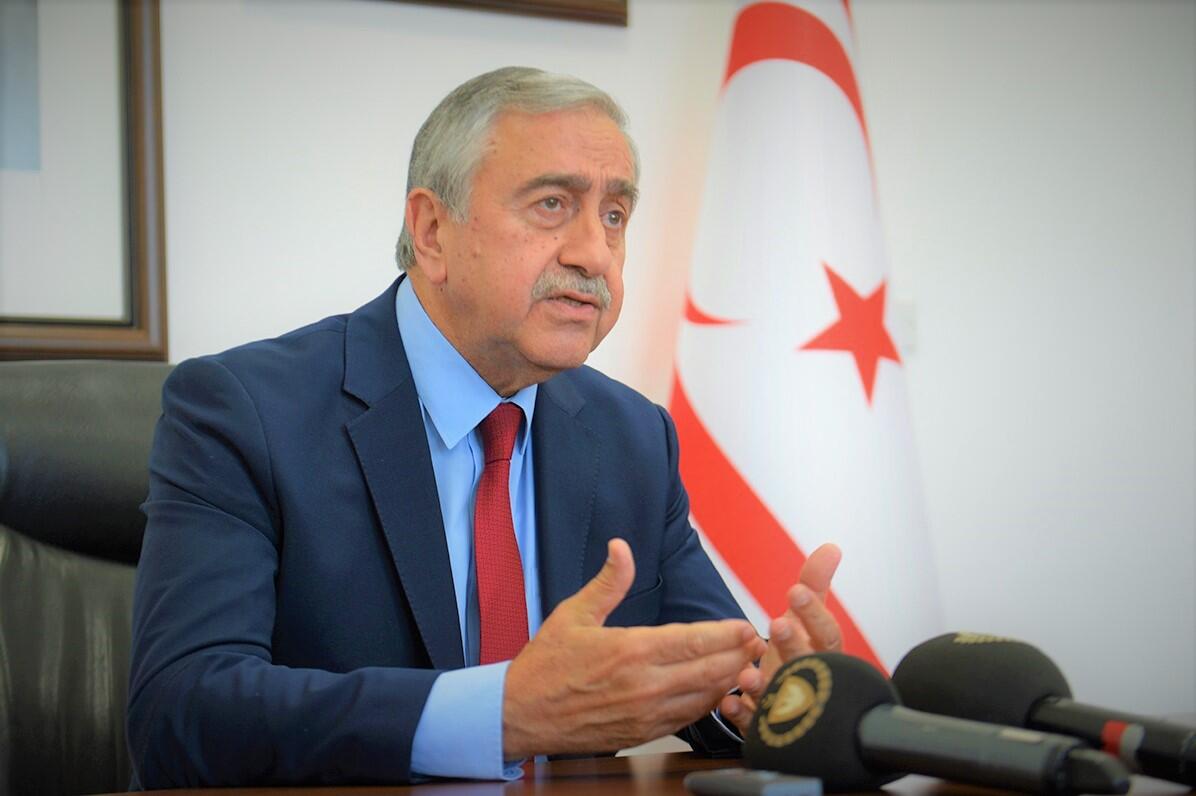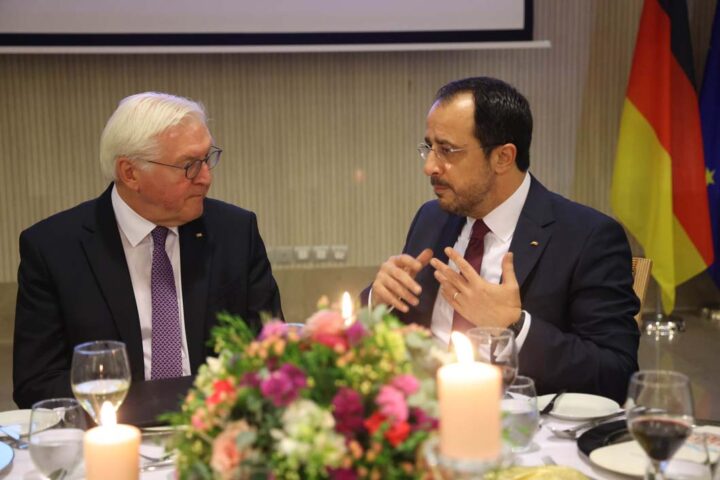Turkish Cypriot leader Mustafa Akinci believes the EastMed pipeline agreed Greece, Cyprus and Israel in Athens will not help resolve the island’s division.
In a statement, Akinci said the EastMed pipeline “will not help solve the Cyprus problem, just as Greek Cyprus’ accession to the EU in 2004 before a comprehensive settlement on the island did not do much in that direction”.
He said that EastMed project “contradicts geographical facts, is unreasonable on economic terms, and was decided on purely political concerns”.
“Geographical facts indicate that exclusion of Turkey and Turkish Cypriots from the energy equation in the eastern Mediterranean is impossible,” argued Akinci.
His remarks came before Thursday’s signing ceremony of an accord between Cyprus President Nicos Anastasiades, Greek Prime Minister Kyriakos Mitsotakis and Israeli Prime Minister Benjamin Netanyahu for the construction of the EastMed natural gas pipeline.
“The pipeline, which is planned to extend from Israel to south Cyprus, from Crete to Greece and ultimately to Italy, is a much longer and more costly route than other alternatives,” said Akinci implying that the EastMed pipeline could go through Turkey.
The Turkish Cypriot leader said that the project as designed was kept on the agenda despite opposing views of the experts who were advising on alternative routes.
He argued that Greek and Turkish Cypriots need to find a way to jointly exploit energy resources in the Eastern Mediterranean and to use them together in peace and stability.
“This is only possible by compromising on a reasonable [solution] and ultimately solve the Cyprus problem.”
The EastMed accord comes as tensions are increasing in the region after Turkey’s controversial agreement that delineates maritime borders with Libya and affirms claims to areas of the Mediterranean the pipeline may cross.
The boundaries delineated in the accord ignore the territorial waters of Greece and Cyprus who have condemned the move along with Israel.
Nicosia and Athens insist that the pipeline project is not going against Turkey but an example of regional cooperation to be followed.
The gas pipeline project aims to connect Israel and Cyprus natural gas reserves with mainland Europe.
It would be the longest and deepest submarine gas pipeline in the world that could see Israel and Cyprus as preferred importers of natural gas to the European market.
The EastMed pipeline will begin about 170 kilometres off the southern coast of Cyprus and will stretch for 2,200 kilometres to reach Otranto in Italy through Crete and mainland Greece.
EastMed is expected to play a significant part in assuring Europe’s supply of natural gas, as annual needs are expected to increase by 100 billion m³ by 2030.
The pipeline – expected to take five years to build – will have the ability to transport up to 20 billion m³ of natural gas from the Eastern Mediterranean to Europe annually.










